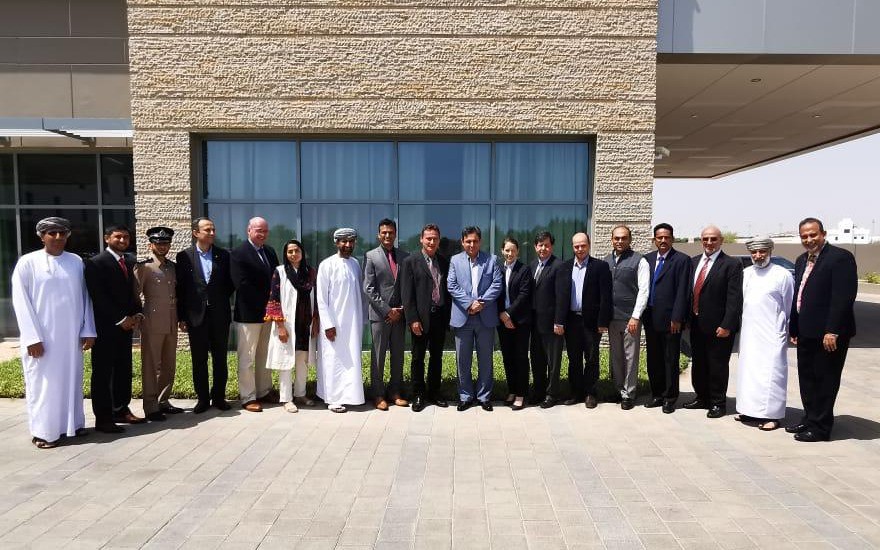IOC-UNESCO and UNESCAP are launching a project on strengthening tsunami early warning in the North West Indian Ocean region through regional cooperation (1- 6 September 2019 Muscat Events)

The Indian Ocean Tsunami Warning and Mitigation System (IOTWMS) was established by the Intergovernmental Oceanographic Commission (IOC) of UNESCO in response to the tragic Boxing Day tsunami of 26 December 2004 that led to 230,000 deaths in several countries bordering the Indian Ocean. The IOTWMS became operational in 2013 with Tsunami Service Providers established by Australia, India and Indonesia starting to provide tsunami services to 28 Member States in the region. The IOC also facilitated the establishment of Oman Multi Hazard Early Warning System that was launched on 23 March 2015 and is based at the Directorate General of Meteorology.
The Makran Subduction Zone (MSZ) off the coast of Iran and Pakistan is still poorly understood. Several decades after the 1945 tsunami caused hundreds of confirmed fatalities in the North West Indian Ocean (NWIO) region, there are still open questions about whether the Makran Subduction Zone is able to generate such large tsunamis in the future. In the worst case, tsunami waves generated by a Makran source could reach shores of India, Iran, Pakistan, Oman and other adjoining countries within a few tens of minutes with height of several metres, posing enormous challenges to existing tsunami warning systems.
To address these gaps, the Intergovernmental Oceanographic Commission (IOC) of UNESCO is implementing a multi-national project aimed at “Strengthening tsunami early warning in the North West Indian Ocean region through regional cooperation”. Funded by the United Nations ESCAP Trust Fund for Tsunami, Disaster and Climate Preparedness, the project will enable better understanding of Makran tsunami hazard and enhance preparedness of countries in the region to respond to a near-field tsunami threat.
The project will commence in September 2019 with two back to back events hosted by the Oman Directorate General of Meteorology. The first event (01-02 September 2019) will be a high-level conference on tsunamis in the Makran region to discuss national strategies for tsunami early warning and community preparedness in the context of near-field tsunamis. The second event (03-06 September 2019) will be an Expert Meeting to formulate a strategy for regional cooperation to develop a combined regional tsunami hazard map for Makran that will underpin tsunami preparedness efforts of countries in the region.
Participants at these events will include representatives of tsunami warning centres, disaster management agencies, seismologists and tsunami modellers from India, Iran, Pakistan, Oman and United Arab Emirates, and experts from Australia, Germany, Italy, Norway, Portugal, USA and UN agencies.

 Report/Complaint
Report/Complaint